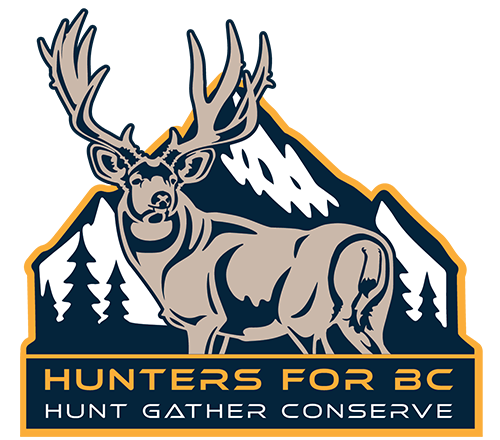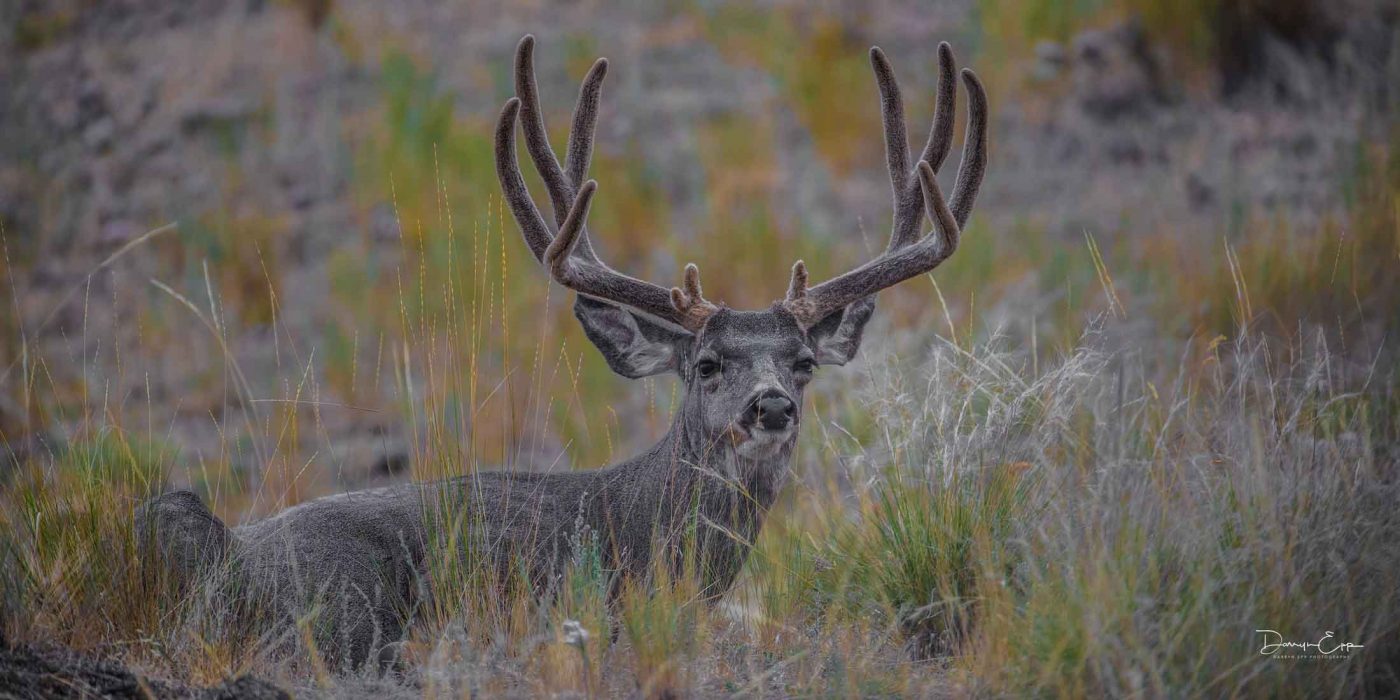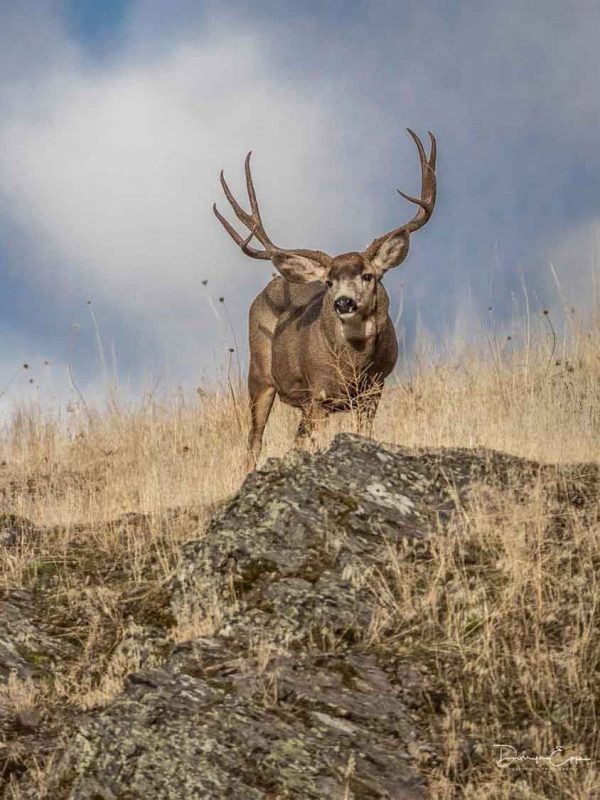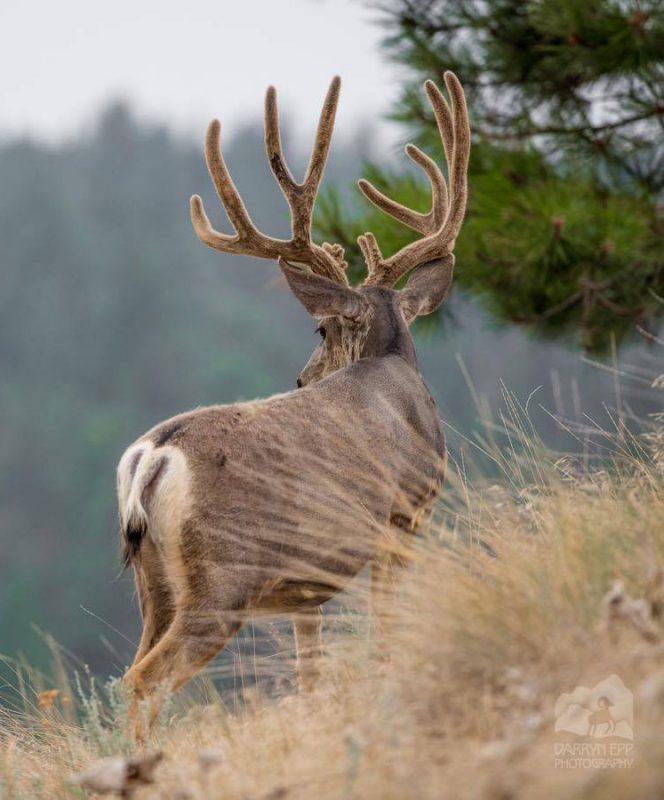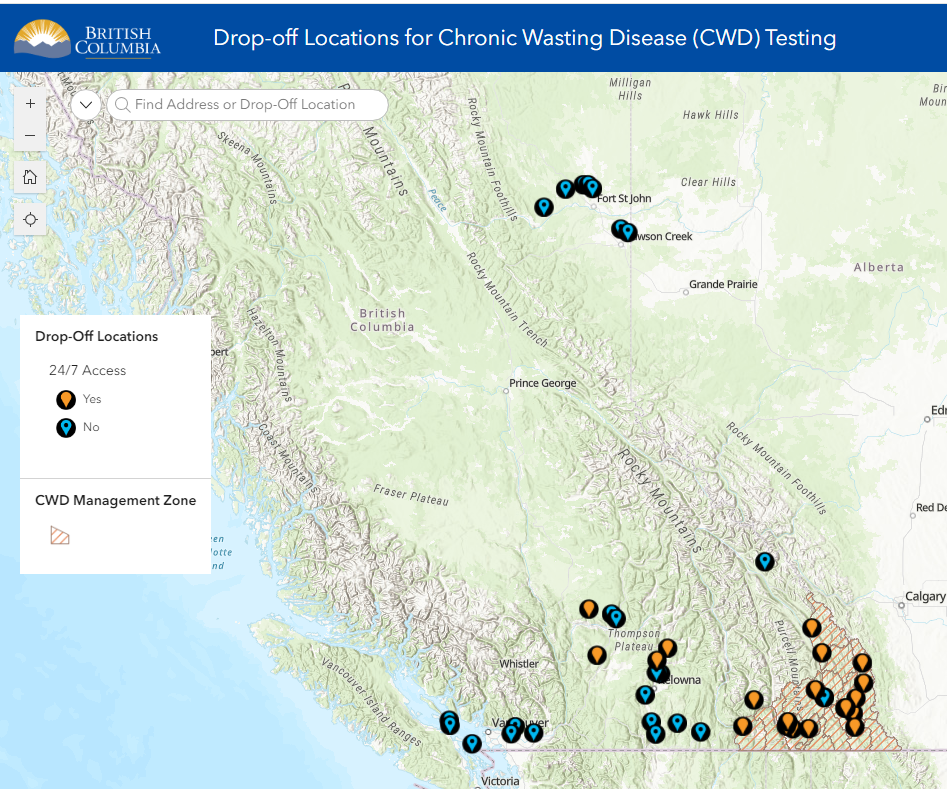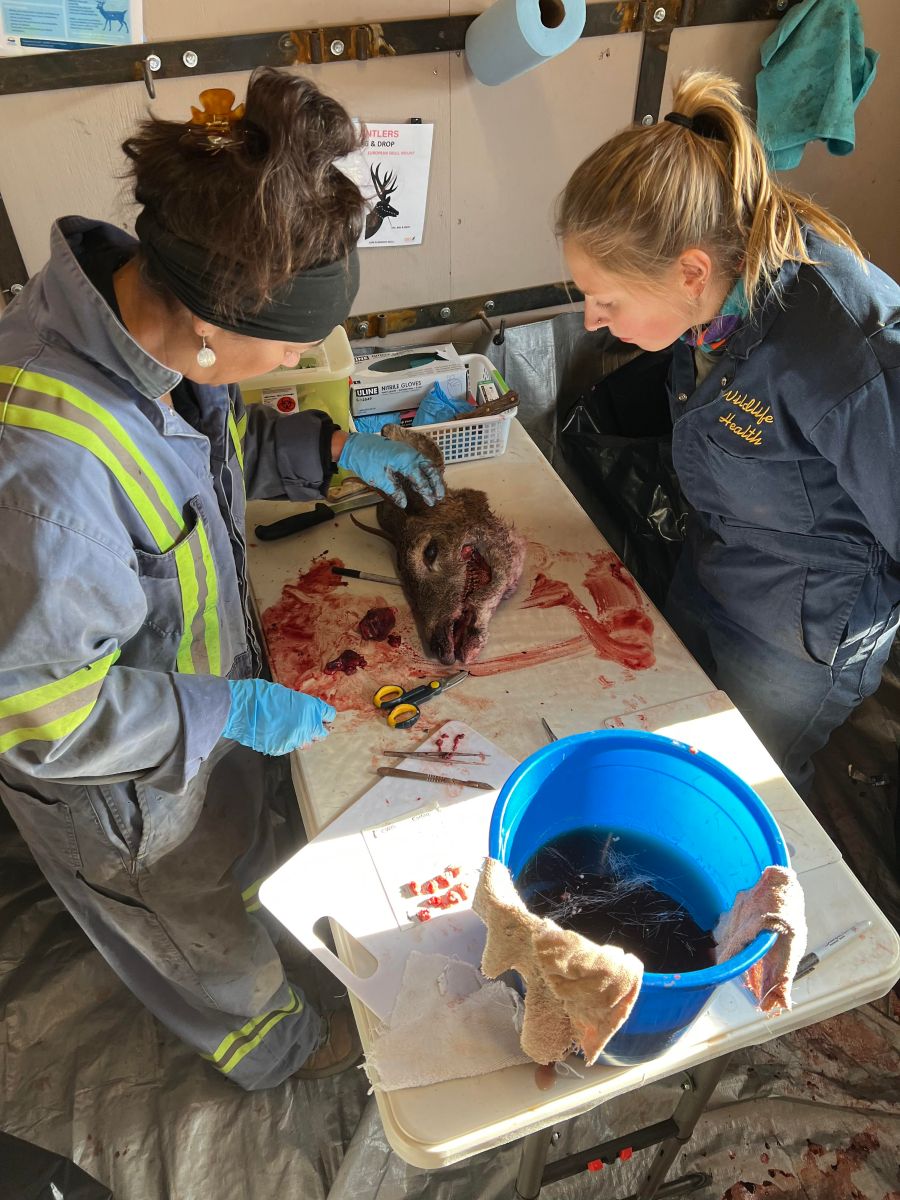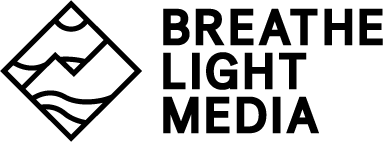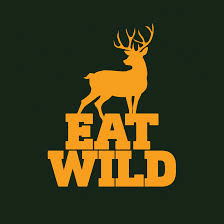A Plea to Hunters: Your Help is Needed.
Hunters are crucial in managing Chronic Wasting Disease (CWD) and protecting wildlife for future generations.
CWD is 100% fatal for all infected cervids. By participating in CWD surveillance and testing, you help ensure the health of our deer populations and preserve our hunting traditions. Every sample collected adds valuable data, allowing provincial biologists to track and contain the spread of this disease.
Your involvement is a powerful step toward safeguarding the traditions you love and contributing to conservation efforts that benefit both wildlife and the hunting community. Together, we can make a difference.

